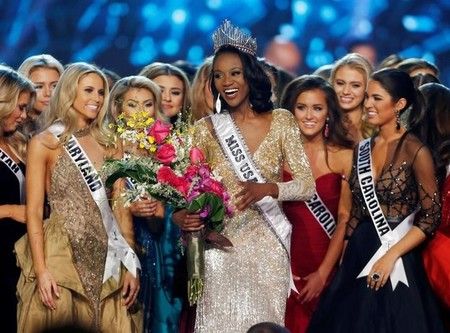Advertisement
South Carolina governor to sign ban on abortion past 19 weeks

By Harriet McLeod
CHARLESTON, South Carolina (Reuters) – Republican South Carolina Governor Nikki Haley on Wednesday signed into law a bill banning most abortions after 19 weeks of pregnancy unless the mother’s life is at risk, a spokesperson told Reuters on Wednesday.
The South Carolina legislature passed the bill last week, making it the 17th U.S. state to approve such a ban.
A signing ceremony will take place on a date to be announced later, said Haley representative Chaney Adams.
The act, proposed last year in South Carolina’s Republican-controlled legislature, passed after it was stripped of exceptions for pregnancies that result from rape or incest.
The law allows abortions at the 20-week mark if the pregnancy endangers a mother’s life. It also includes a second exception if severe fatal abnormalities will mean the fetus would definitely die at full-term birth.
Sixteen other states have passed similar laws as conservatives have chipped away at the U.S. Supreme Court’s landmark 1973 Roe v. Wade decision to legalize abortion. Courts have overturned the bans in three states.
“I believe that life begins at conception and every step we can take to get back to that point is important,” the bill’s sponsor, Republican Representative Wendy Nanney, told Reuters. “In my view and many others’, it’s inhumane to subject that baby to pain at 20 weeks.”
Critics have said the name of the Pain Capable Unborn Child Protection Act goes against medical evidence showing that a fetus at 20 weeks cannot feel pain.
The law also removes necessary medical options in the extremely rare instance that an abortion is recommended after 19 weeks, critics said.
“We are incredibly disappointed in Governor Haley for signing HB 3114 into law today,” Jenny Black, president and chief executive officer of Planned Parenthood South Atlantic, said in a statement on Wednesday. “This dangerous and politically-motivated measure bans abortion after 20 weeks with no exceptions for victims of rape or incest, and no consideration for a woman’s individual circumstances.”
(Reporting by Harriet McLeod; Editing by David Gregorio and Jonathan Oatis)











